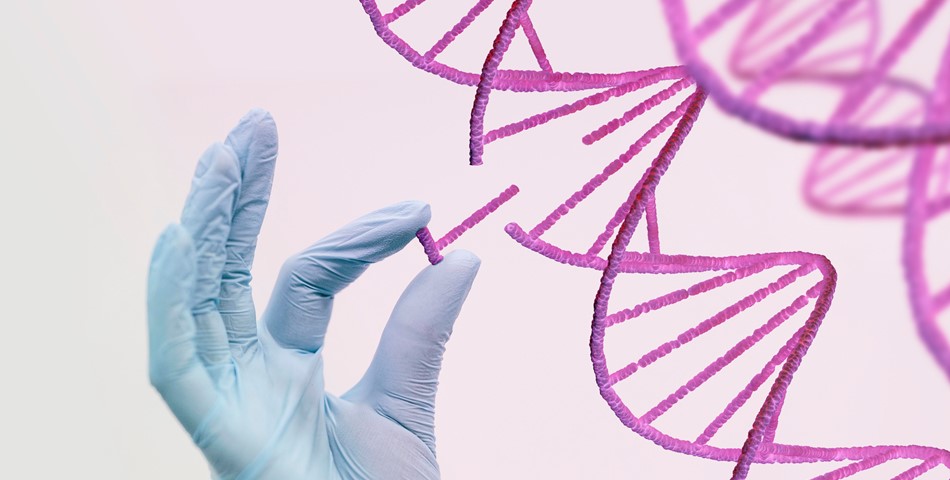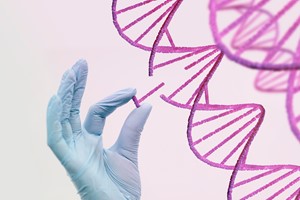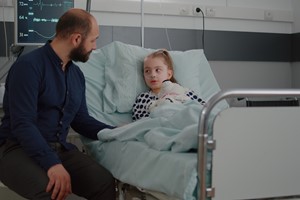In a groundbreaking development, the FDA has given its nod to two pioneering treatments, Casgevy and Lyfgenia, marking a historic milestone as the first-ever cell-based gene therapies for sickle cell disease in individuals aged 12 years and older. Sickle cell disease, a genetic disorder affecting around 100,000 people in the U.S., predominantly among African Americans and Hispanic Americans, results from a mutation in hemoglobin, leading to intense pain and organ damage.
Both Casgevy and Lyfgenia are cell-based gene therapies. Casgevy employs the cutting-edge CRISPR Cas9 genome editing technology, securing its position as the first FDA-approved treatment utilizing this technique. On the other hand, Lyfgenia employs a lentiviral vector gene delivery system for genetic modification. These therapies are crafted from the patient's own blood stem cells and are administered through a one-time single-dose infusion as part of a hematopoietic blood stem cell transplant. Patients undergoing these treatments will undergo long-term monitoring to assess safety and effectiveness.
Outcomes and Challenges of the Innovative Therapies
Initial results from these therapies show promise. In a study, severe pain crises were alleviated for a minimum of 18 months in 29 subjects who received the treatment. However, concerns have arisen regarding the accessibility and cost of these groundbreaking treatments. Casgevy is priced at $2.2 million wholesale, while Lyfgenia carries a cost of $3.1 million. Despite these challenges, the approval of these therapies has garnered widespread support from patients and experts in the medical field.
CRISPR: A Game-Changer in Gene Therapy
The use of CRISPR in developing Casgevy represents a revolutionary gene-editing technique, allowing scientists to make precise DNA cuts. In the context of sickle cell patients, CRISPR is employed to edit and reactivate the production of fetal hemoglobin, compensating for the mutated hemoglobin causing sickle cell disease. This innovative technique marks a significant leap forward in addressing genetic diseases.
Concerns Surrounding Affordability and Accessibility
While the approval of these gene therapies is hailed as a monumental step for the sickle cell disease community, concerns linger regarding the high costs, safety precautions, and potential long-term side effects. The substantial price tags of Casgevy and Lyfgenia may pose accessibility challenges, necessitating a comprehensive evaluation and monitoring of their safety and long-term effects.
Enriching Lives: Insights from a Patient's Perspective
Despite the hurdles, the impact of these treatments on patients' lives has been transformative. LaRae Morning, a participant in the clinical trial, experienced significant improvements post-treatment, enabling her to lead a normal life and pursue her law school studies. Such positive outcomes instill hope for countless other patients grappling with this debilitating condition.
In conclusion, the FDA's approval of these groundbreaking gene therapies for sickle cell disease signifies a momentous stride in healthcare. Despite the obstacles, this breakthrough instills hope in patients and paves the way for further advancements in the realm of gene therapy.
medriva.com - Mason Walker











